
Thomas Hagen
Partner
Oslo
Newsletter
by Thomas Hagen and Paal-André Storesund
Published:
On 28 February 2025, Oslo District Court issued a judgment concluding that Approve.no AS ("Approve.no") infringed Trainor Elsikkerhet AS' ("Trainor") copyrights by copying Trainor's e-learning course. Additionally, the copying was found to conflict with good business practices among traders. The company Chiron Media AS ("Chiron") was held jointly liable on account of being complicit. This article will summarize the court's arguments and provide an overview of the relevant facts.
If the copying is committed intentionally or with gross negligence, the compensation claim may be even higher
In 2009, Trainor reported Approve.no to the police for unlawful copying of three of Trainor's e-learning courses. Approve.no promptly removed the courses, and the matter was not pursued further by the police or Trainor. On 17 June 2024, Trainor issued a notice of lawsuit to Approve.no, alleging that Approve.no had again copied three online courses.
The parties agreed that Approve.no had copied the courses "EX – Sikkerhet og bevisstgjøring" and "FSE – Instruert personell", and the issue was whether Approve.no had also copied the course "EX Grunnleggende for elektropersonell". Approve.no argued that the immediate removal of the course in 2024 was due to the name, not the content. However, internal messages did not support this argument.
The court noted the following in its evaluation of the alleged copying:
The court concluded that all three courses constituted copyright infringement of Trainor's material and actions conflicting with standard business practices among traders.
Chiron was found jointly liable due to complicity. The court emphasized the following in its assessment of Chiron's involvement:

Partner
Oslo

Senior Associate
Oslo
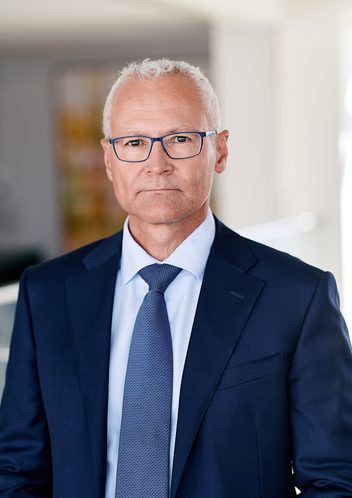
Partner
Oslo
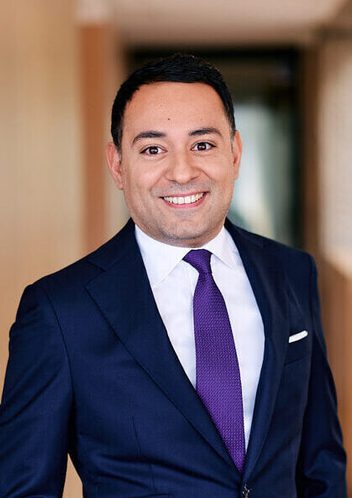
Partner
Stockholm
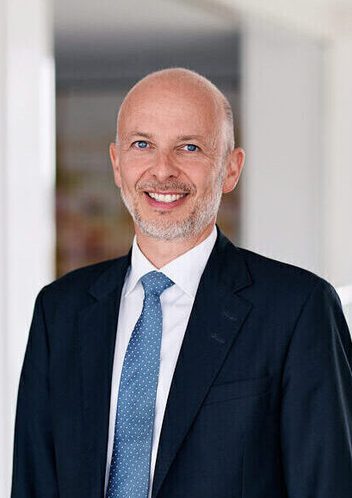
Partner
Oslo
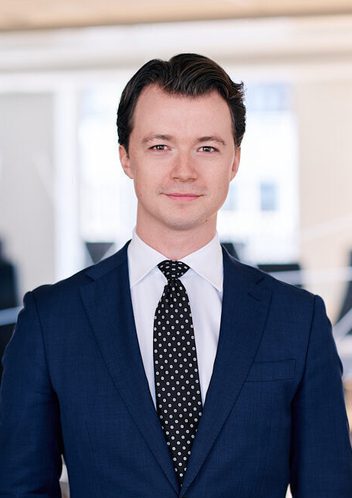
Senior Lawyer
Oslo
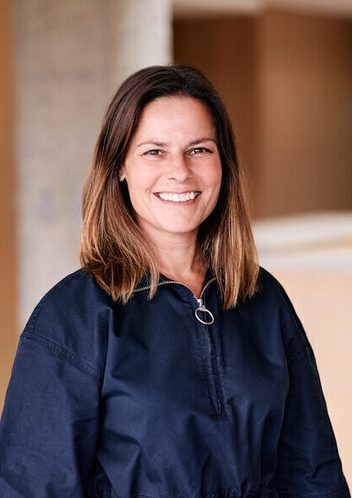
Special Advisor
Stockholm

Senior Associate
Oslo

Associate
Stavanger

Partner
Oslo

Partner
Oslo

Partner
Oslo

Partner
Oslo

Partner
Oslo
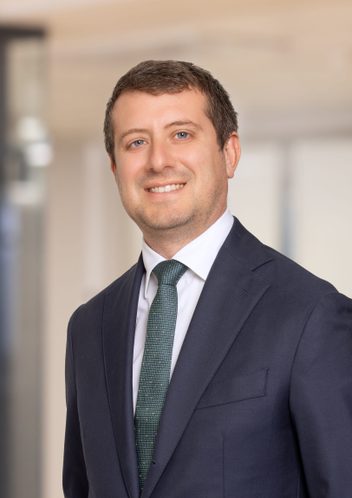
Managing Associate - Qualified as EEA lawyer
Oslo
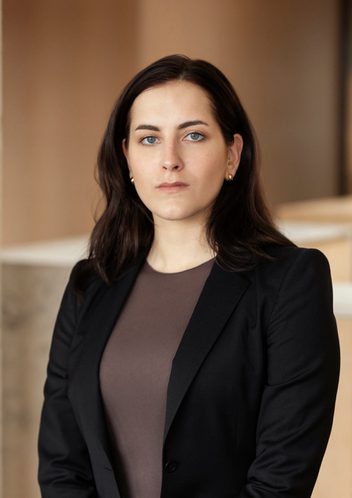
Senior Lawyer
Stockholm
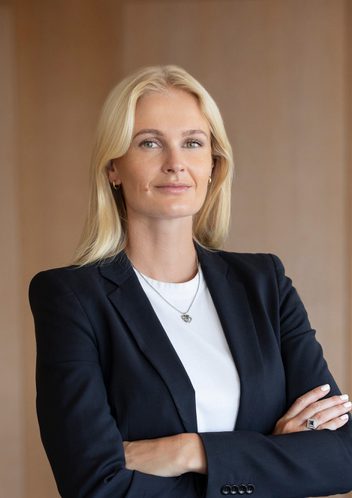
Senior Lawyer
Stockholm

Associate
Stockholm

Associate
Oslo
